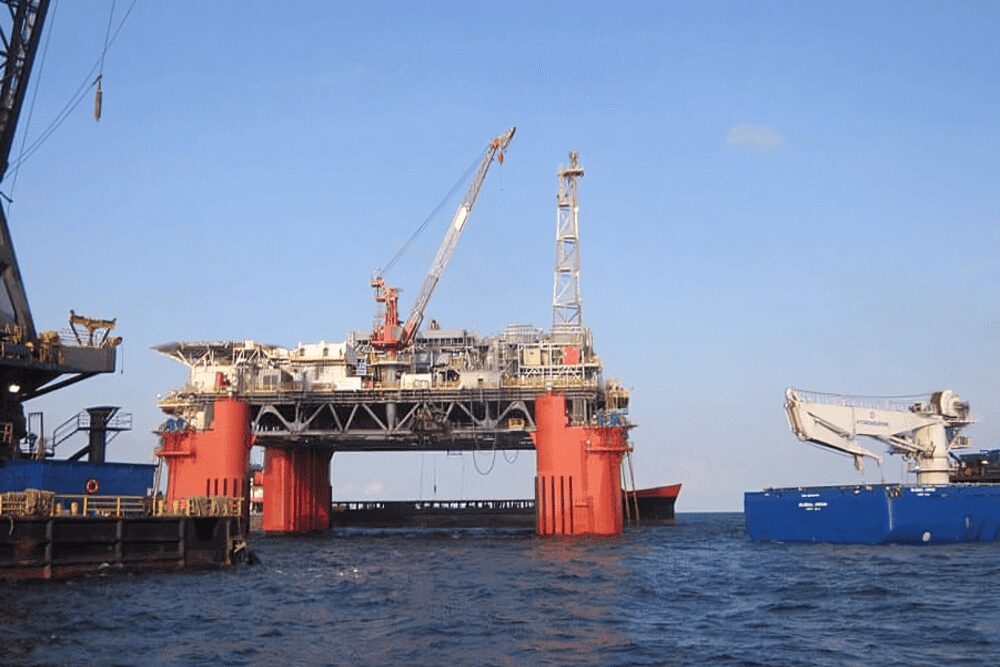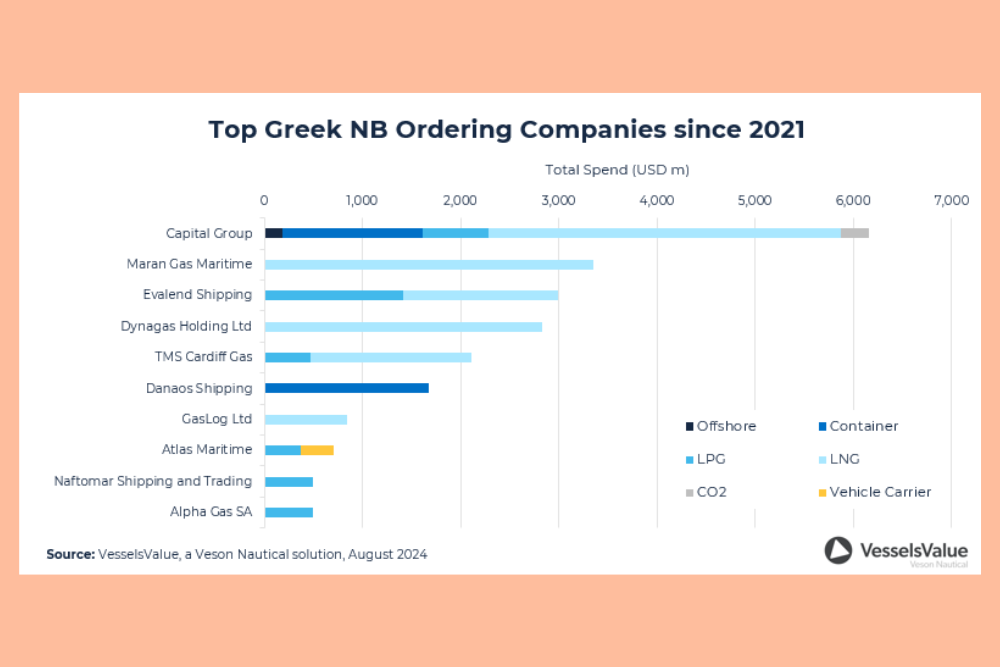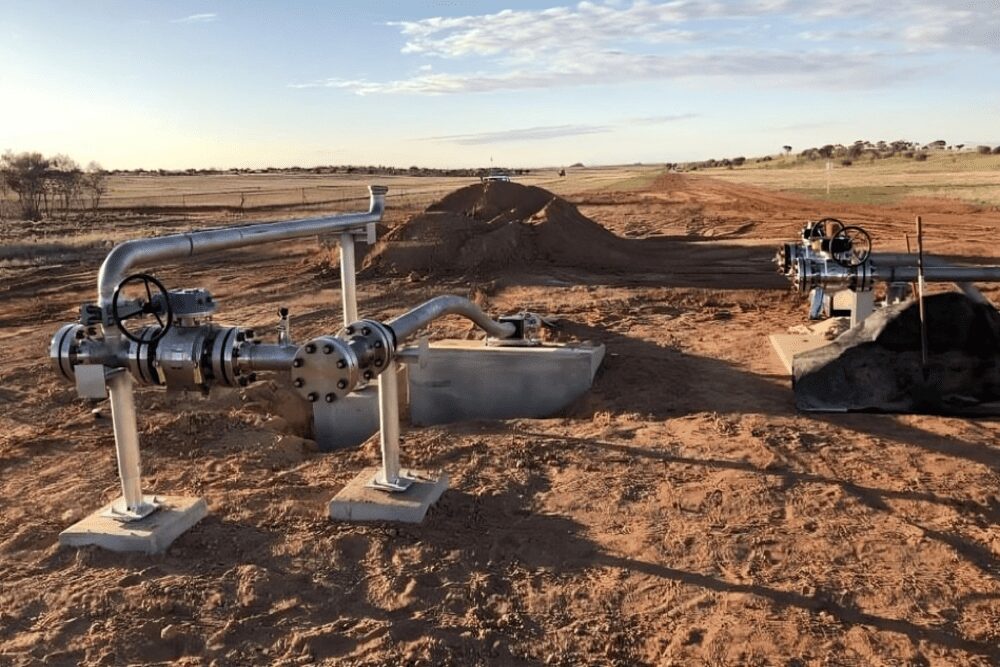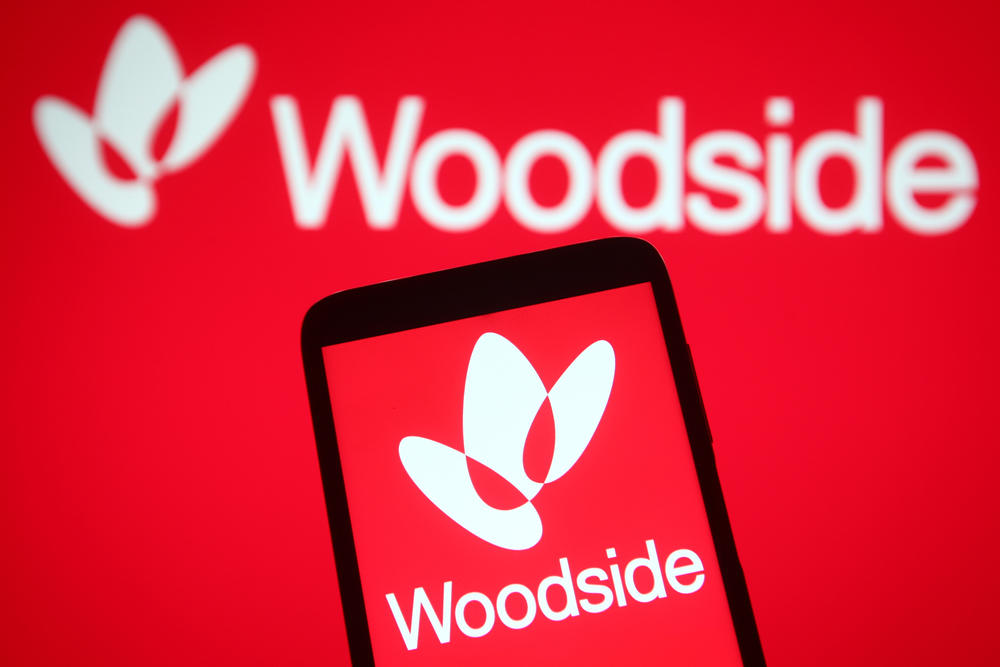
The Bureau of Land Management (BLM) has finalised a new rule aimed at reducing natural gas waste from oil and gas operations on federal and Tribal lands in the United States of America.
The Waste Prevention, Production Subject to Royalties, and Resource Conservation Rule, also known as the Waste Prevention Rule, was issued in April 2024 and is set to modernise regulations that are over 40 years old.
The new rule introduces several significant changes:
- Waste Minimisation Plans: Operators must submit waste minimisation plans with Applications for Permits to Drill (APD) for oil wells. Alternatively, they can submit a self-certification statement committing to capture 100 per cent of associated gas.
- Flaring Limits: The rule establishes phased-down limits on royalty-free flaring. Starting at 0.08 Mcf of gas per barrel of oil produced in the first year, the limit decreases annually to 0.05 Mcf per barrel after the third year.
- Leak Detection and Repair (LDAR): Operators are required to implement LDAR programs, including regular inspections and timely repairs of leaks.
- Royalty Payments: The rule ensures that public and Tribal mineral owners are properly compensated through royalty payments when natural gas loss could have been avoided.
The Waste Prevention Rule becomes effective 60 days after its publication in the Federal Register. BLM is phasing in the new requirements to allow operators time to adjust:
- Some flaring limits will take effect approximately 60 days after the rule’s effective date.
- Certain flare measurements will be required either 6, 12, or 18 months after the effective date.
- Operators have 18 months to submit leak detection and repair plans to BLM state offices.
The BLM estimates that the rule will generate over $50 million in additional natural gas royalty payments annually and conserve billions of cubic feet of gas that might have otherwise been wasted. This conserved gas will be available to power American homes and industries.
The oil and gas industry will need to adapt to these new regulations. Dr Neil Bird, Chief Scientist at Fluenta, emphasises the importance of upgrading measurement systems to comply with the new requirements.
He states: “The BLM’s emphasis on ultrasonic and orifice meters means companies must seriously consider upgrading their measurement systems.”
It’s worth noting that on September 12, 2024, the United States District Court for the District of North Dakota granted a preliminary injunction filed by several states, prohibiting BLM from enforcing the 2024 Waste Prevention Rule against the plaintiff states pending the outcome of the litigation.
As the industry adapts to these new regulations, it’s clear that methane management will be a critical focus for oil and gas operators in the coming years.







